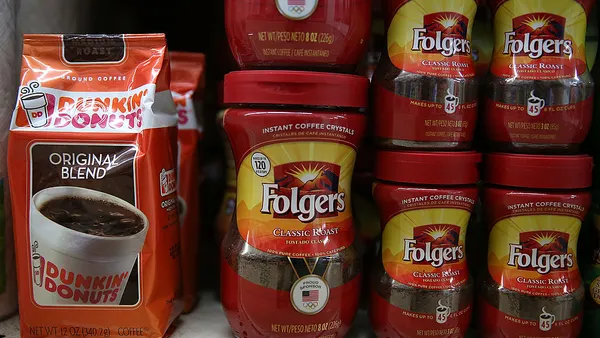A battle is brewing in procurement.
Contract language is facing off against the strength of supplier relationships.
Who's winning the day? Relationships, said Erin McFarlane, head of strategy and execution for Fairmarkit.
Historically, long-term agreements have allowed the seller to gain a level of commitment for ongoing business and the buyer to maintain a reliable source of supply. Both sides feel protected.
But circumstances have changed. The COVID-19 pandemic is wreaking havoc on the workplace. Ruptures in the supply chain are leading to canceled, invalidated or ignored contracts, even those adorned with a bevy of terms and conditions ensuring a steady stream of deliveries. And it doesn’t look to get better anytime soon.
That's why in this day and age, the relationship supersedes the written contract. But there's a caveat: The foundations built in the past work to support ongoing operations now. In this emergency, it’s too late to make friends.
For procurement professionals, this plays right to their strengths. Often a series of phone calls or emails to company leadership or the right operations contact gets the supply lines running again. Call it the relationship dividend.
"At the end of the day, contracts are just pieces of paper and hard to enforce and we must rely on the depth of our strategic relationships with suppliers and customers to get through this crisis," McFarlane told Supply Chain Dive, noting that even the courts are closed during this emergency.
"At the end of the day, contracts are just pieces of paper."

Erin McFarlane
Head of strategy and execution, Fairmarkit
Even so, McFarlane advises buyers to immediately look at key supplier contracts and analyze the terms and conditions thoroughly, paying careful attention to their force majeure clauses so they're not caught off guard.
"Force majeure is no longer just an ambiguous and meaningless term, often ignored or dropped from contracts and agreements," she said, noting that sellers and buyers need to catch up on this clause and get some legal advice as well.
Some clauses are more restrictive than others, with some suppliers able to invoke the clause if a state of emergency is declared while others are limited to war time issues or natural disasters. She sees suppliers now invoking the term as a reason for late or missed deliveries to the surprise of buyers who thought the sanctity of the contract would win out.
The foundations built in the past work to support ongoing operations now. In this emergency, it's too late to make friends.

Yet not every contract situation is dire. Tom Connelly, the international trade buyer for electrical power and advanced materials supplier Mersen, sees little changes in his contracts these days short of some additional expending.
He’s working to change transportation methods from ocean to air to better control his inventory and to meet anticipated customer demand. Connelly told Supply Chain Dive business is strong, and he sees some customers stockpiling low-cost commodity supplies in what he calls "the toilet paper effect," buying additional inventory while it was still available.
Moving forward, a new normal is developing in business, McFarlane said, and waiting for things to return to the way things were before the pandemic is not an effective or realistic strategy.
But she sees a silver lining in all of this turmoil. "Never again will anyone question the importance of procurement and supply chain management."
This story was first published in our weekly newsletter, Supply Chain Dive: Procurement. Sign up here.













